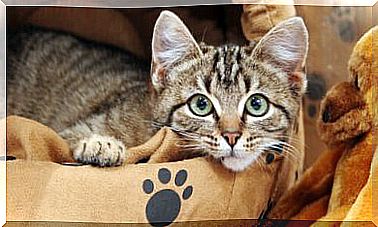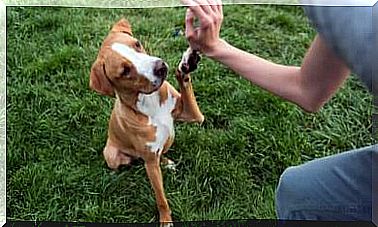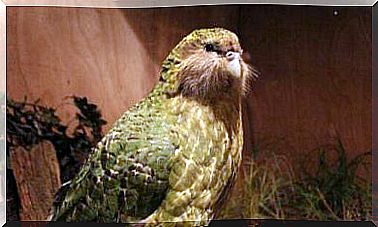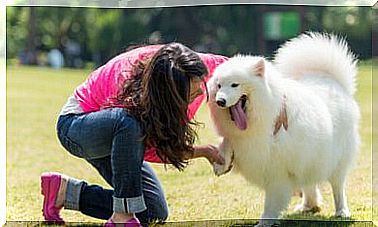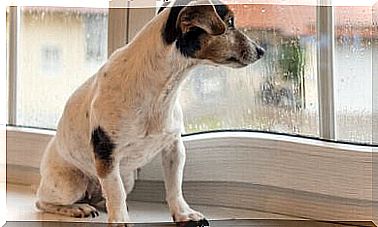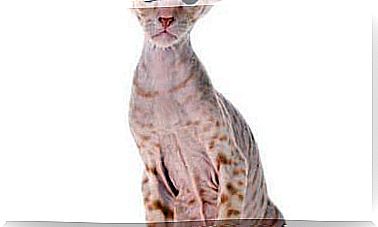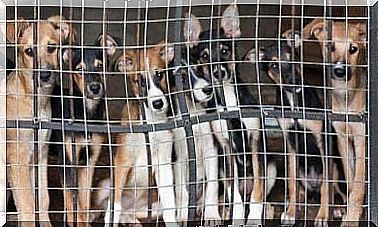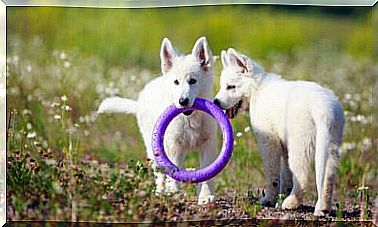Why Do Cats Sneeze?
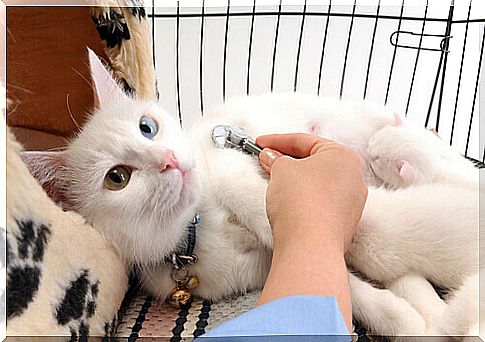
The affection we feel towards our animals leads us to worry as soon as we seem to notice that something is wrong.
It is also true that often we are alarmed in an exaggerated way, but sometimes, unfortunately, our concerns turn out to be true. For this reason, the best thing is to always be informed, so that you can remain calm and behave in the most appropriate way for any eventuality.
Today in My Pets we will answer a question that you may have asked yourself several times: why is my cat sneezing?
Sneezing in cats
We will start by asking you a question: every time you sneeze is it because you are sick? Certainly before they even finished reading your lips they verbalized the answer: no. The same happens in cats.
By definition, sneezing is a violent , involuntary emission of air from the lungs through the mouth and nose caused by a stimulus in the nasal mucosa.
When the cat sneezes, it will therefore be trying to eliminate whatever is irritating the mucous membrane of the nose. Keep in mind that if your cat sneezes from time to time, it doesn’t matter at all.
However, when sneezing is accompanied by nasal discharge or is quite habitual, a moderate concern may arise, which will increase if the animal has such a stuffy nose, or if you find that it is unable to smell the food.
A fact that will be evident if the animal refuses to eat or visibly decreases the amount of food ingested. In these cases it will be advisable to take the cat to the vet so that he can assess his state of health.
What other symptoms should we observe in cats
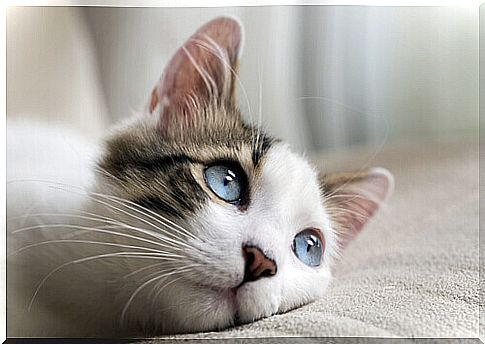
As mentioned in the previous paragraph, the time has come when it is best to take the necessary measures and have the animal examined by a professional.
It is important to tell your doctor about any other symptoms you may have noticed besides sneezing, such as:
- Green or yellow nasal discharge, which may be due to an infection.
- Discharge or inflammation of the eye.
- Respiratory difficulties.
- Weight loss and appetite.
- Apathy.
- Temperature.
- Inflamed ganglia.
- Cough.
Reasons that lead cats to sneeze
Below we will show you the most frequent causes of sneezing in cats:
- Viral infections. In this case they may be due to contact with other cats or contact with objects shared by others of their species. Be careful, pneumonia could result with fatal consequences.
- Dental problems. Any type of problem that the animal may have related to its teeth can lead to sneezing.
- Foreign objects. Anything lodged in the nasal passages will cause your pet to sneeze.
- Feline immunodeficiency virus. This disease deserves a separate chapter, since it is very common in cats that come into contact with the external environment. Contagion can occur on various occasions, such as when these animals fight each other and bite deeply.
- Since there is no cure for the disease and it could lead to serious consequences, this is a very serious issue and needs to be addressed urgently.
- Allergies. Any type of allergen that irritates your pet’s nose can cause your cat to sneeze. Allergies, however, are primarily caused by certain foods, so it is important to first determine which foods can cause this type of disorder.
Treatment for sneezing in cats
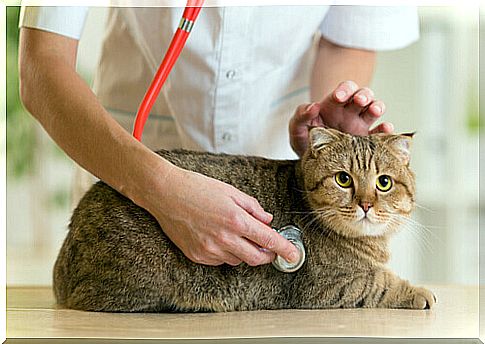
As in any other case, treatment to control sneezing will depend on the disease diagnosed by your veterinarian. In some cases it will be sufficient to improve the air inside the house by using a humidifier.
If the cause is an allergy, it is likely that he will be given antihistamines in the mildest cases, or steroids in the most severe ones, which will help to reduce the annoying symptoms of this condition.
Your cat may need antibiotic treatment, again depending on the source of the problem. On other occasions, the use of nasal decongestants will suffice.
The hypothesis that surgery is necessary should not be ruled out if the sneezing cannot be stopped in any other way.
As we have seen, sneezing in cats does not always have to do with serious diseases, but always consult your vet first, who will be able to direct you to the correct treatment.
